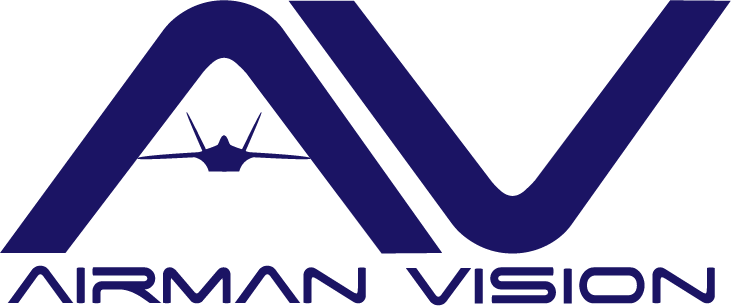2A7X2 - Nondestructive Inspection (NDI)
2A7X2 - Nondestructive Inspection (NDI)
Nondestructive Inspection Information
ASVAB REQUIREMENT:
Mechanical 42
STRENGTH REQUIREMENT:
40 lbs
AVERAGE INDOOR/OUTDOOR WORK CONDITIONS:
70% Indoor / 30% Outdoor
AVERAGE HOURS WORKED:
40-50
POSSIBILITY OF WORKING WEEKENDS:
Yes
DEPLOYMENT TEMPO/RATE (LOW, MEDIUM, HIGH)
Medium
TECHNICAL TRAINING LENGTH:
49 Classroom Days
TECHNICAL SCHOOL LOCATION:
NAS Pensacola, FL
KNOWN DUTY STATIONS AVAILABLE TO NEW AIRMEN:
(we’re working on getting this information)
COMMUNITY COLLEGE OF THE AIR FORCE DEGREE:
Nondestructive Testing Technology
Airmen describing Nondestructive Inspection
The Nondestructive Inspection Technician 2A7X2 is responsible for performing a variety of non-destructive inspections on aircraft and aircraft components to ensure the safety and integrity of the aircraft.
Key Responsibilities:
Utilize various non-destructive inspection techniques such as visual, magnetic, eddy current, and ultrasonic inspections to detect and diagnose defects in aircraft and aircraft components
Review and interpret technical documents and specifications, including blueprints and schematics, to determine inspection requirements
Operate and maintain inspection equipment and tools, including calibrating and adjusting as necessary
Prepare and maintain accurate inspection records and reports
Provide technical guidance and training to junior technicians
Follow safety procedures and regulations to ensure a safe work environment
The primary duties of Nondestructive Inspection is to find anything that’s wrong with Air Force aerospace weapons. They inspect the weapon systems components and support equipment for structural integrity and perform fluid analysis. This may include inspecting metal engine parts for wear and tear, and checking that lubricating oil and other fluids are not seeping into any cracks. They also conduct radiation testing, computing and monitoring personal exposure areas for radiographic operations, ensuring that levels are safe. Nondestructive Inspection also looks at imperfections, such as cracks, voids, processing defects, magnetic particle, radiographic, optical, and ultrasonic test equipment.
